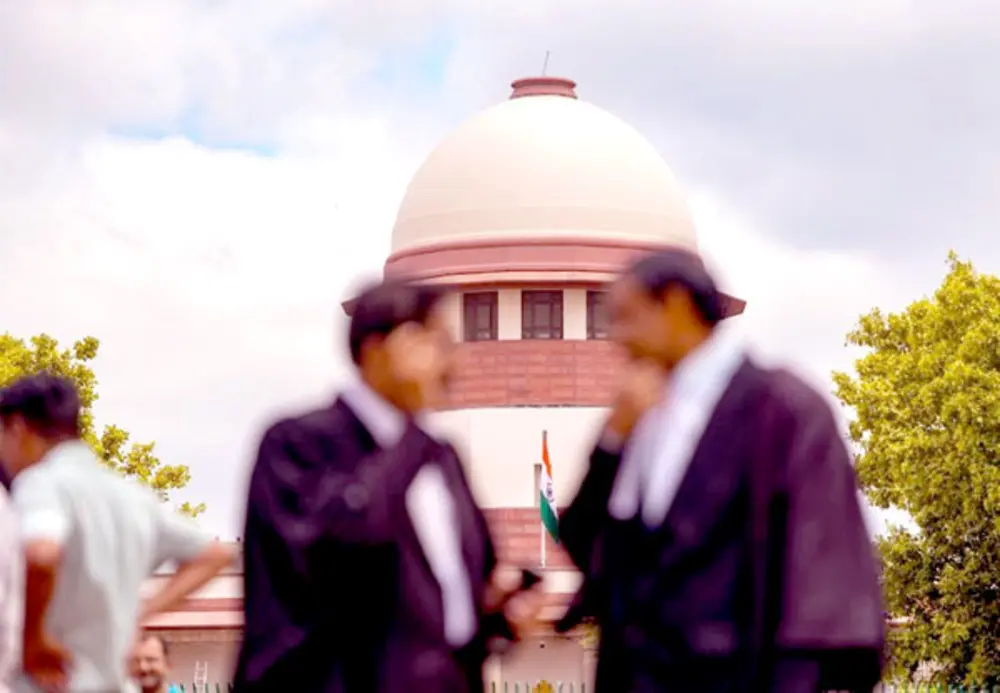
Delhi riots conspiracy case; Gulfisha Fatima moves Supreme Court.
New Delhi: Student activist Gulfisha Fatima has moved the Supreme Court against the Delhi High Court's decision to reject her bail application in the larger conspiracy case related to the 2020 North-East Delhi riots. Fatima was arrested on April 9, 2020 under the Unlawful Activities (Prevention) Act.
New Delhi: Student activist Gulfisha Fatima has moved the Supreme Court against the Delhi High Court's decision to reject her bail application in the larger conspiracy case related to the 2020 North-East Delhi riots. Fatima was arrested on April 9, 2020 under the Unlawful Activities (Prevention) Act.
Fatima has challenged the Delhi High Court's September 2 decision in the petition. The High Court had also rejected the bail applications of co-accused in the case Sharjeel Imam, Umar Khalid, Mohammad Salim Khan, Shifa ur Rehman, Athar Khan, Miran Haider, Shadab Ahmed and Abdul Khalid Saifi.
Another co-accused, Taslim Ahmed, had filed a bail plea in the Supreme Court, which was dismissed by another bench of Justice Subramaniam Prasad and Justice Harish Vaidyanathan Shankar of the Delhi High Court. Two days ago, Sharjeel Imam had moved the Supreme Court challenging the High Court's denial of bail. Imam was arrested on January 28, 2020, from Jehanabad in Bihar and has been in jail for five and a half years.
The accused are charged with criminal conspiracy, sedition, promoting enmity between different groups, making public inflammatory statements under Section 13 of the IPC and the Unlawful Activities (Prevention) Act, 1967, which raise questions about the sovereignty, unity or territorial integrity of India.
He was accused under certain sections of the Anti-Terrorism Act - UAPA and the Indian Penal Code of being the 'mastermind' behind the 'larger conspiracy' behind the Delhi riots that took place in February 2020 during the visit of then US President Donald Trump, in which 53 people died and over 700 were injured. The violence erupted during protests against the Citizenship (Amendment) Act and the National Register of Citizens.
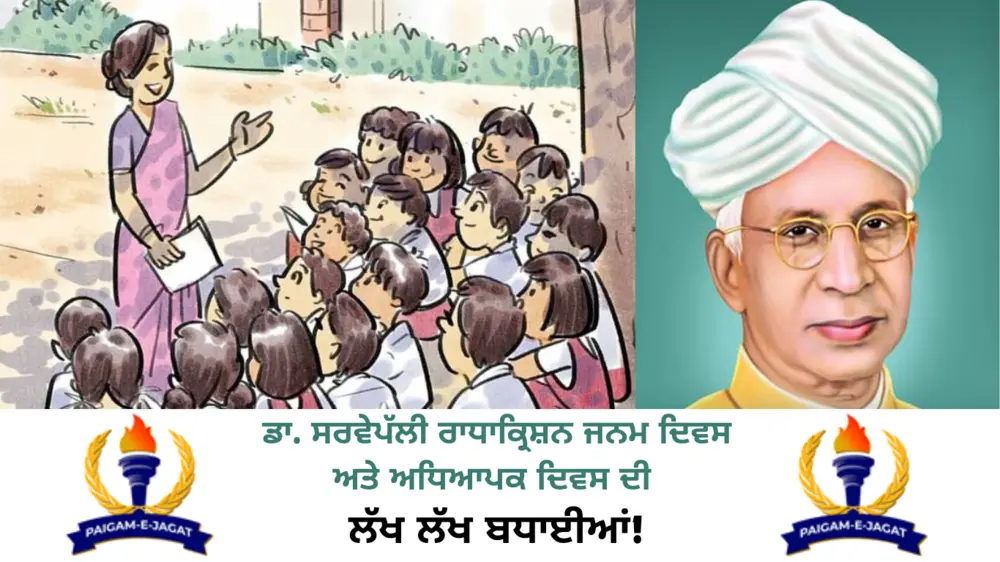
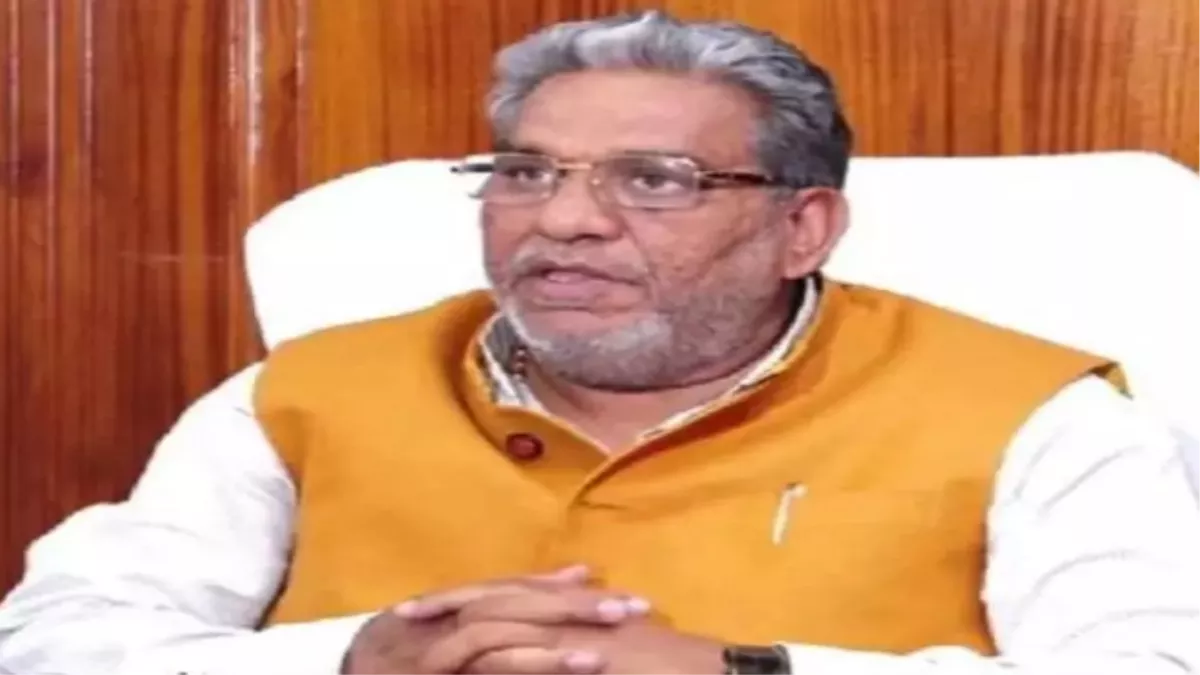
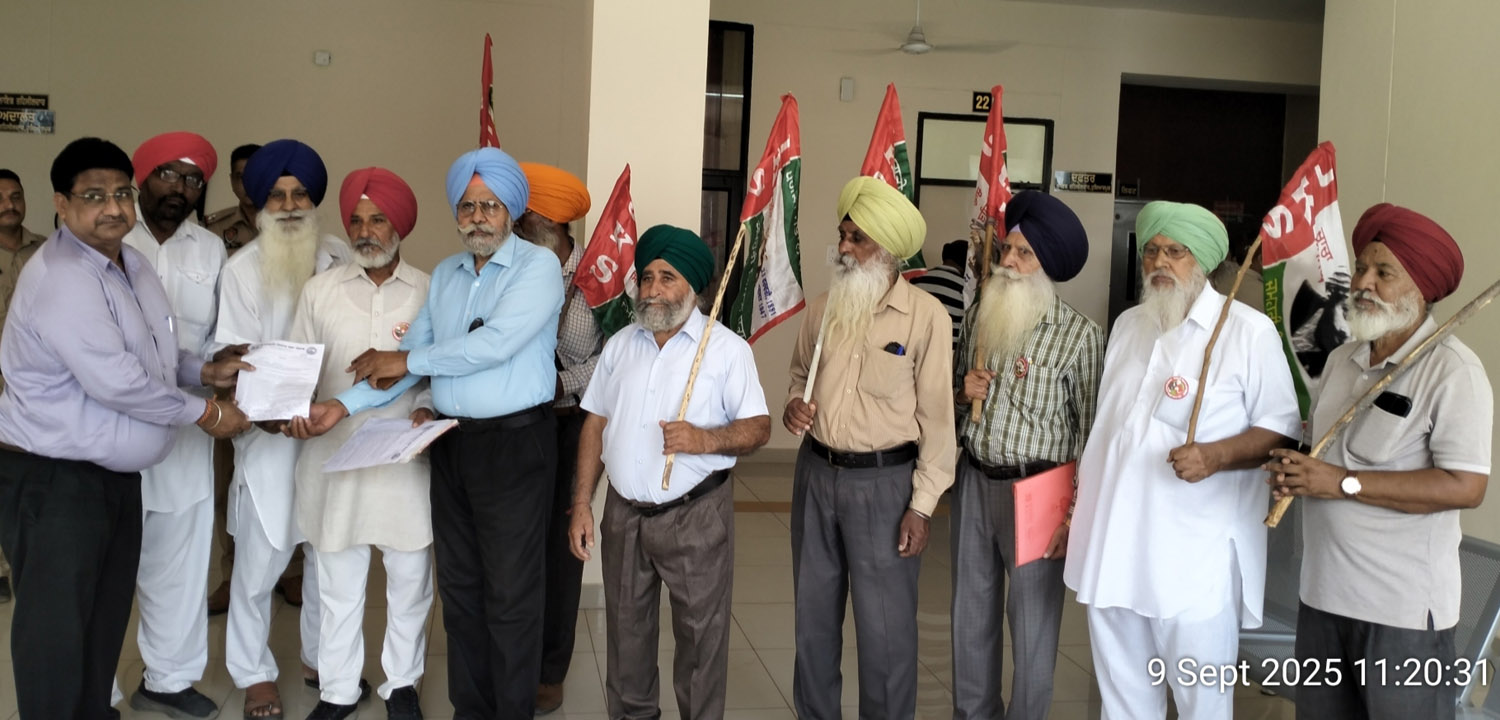

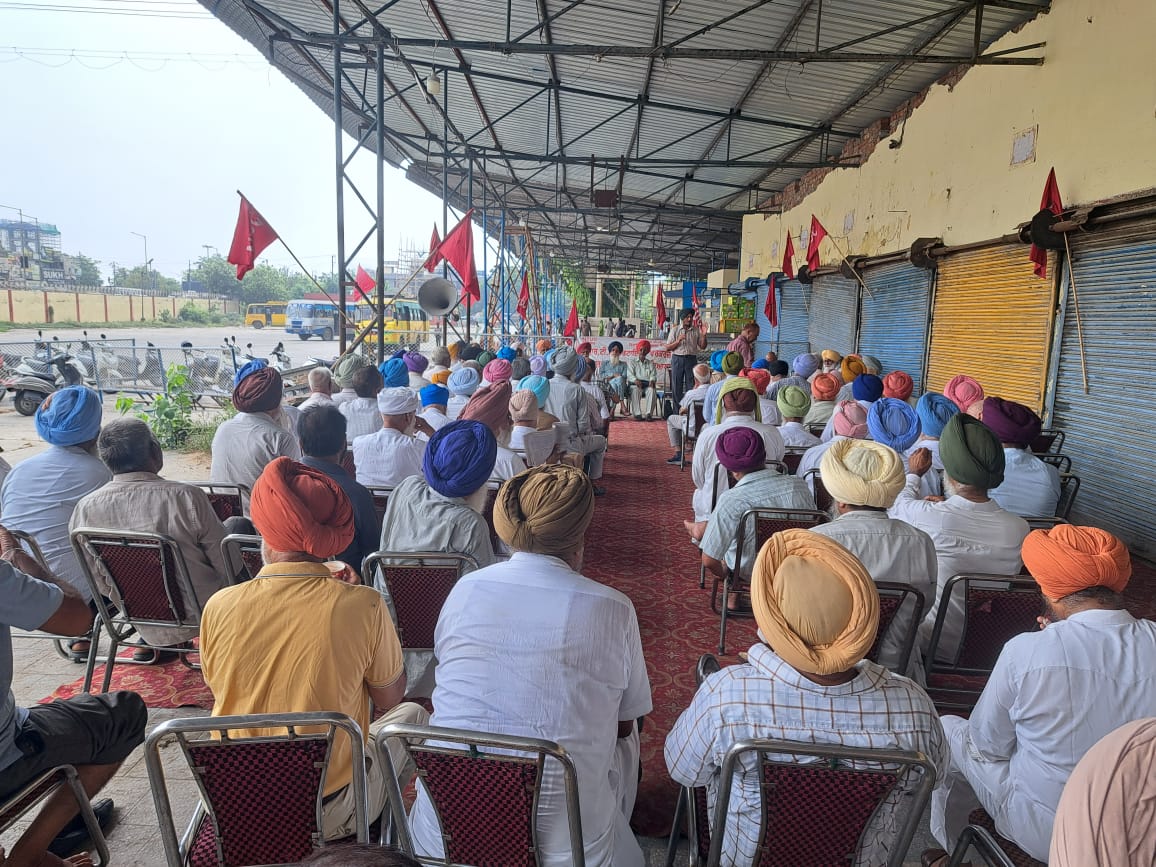


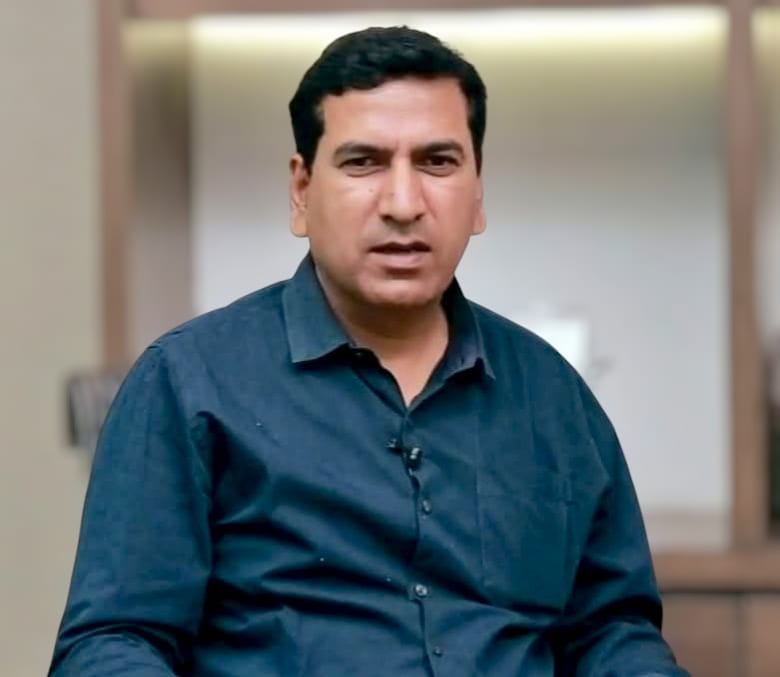
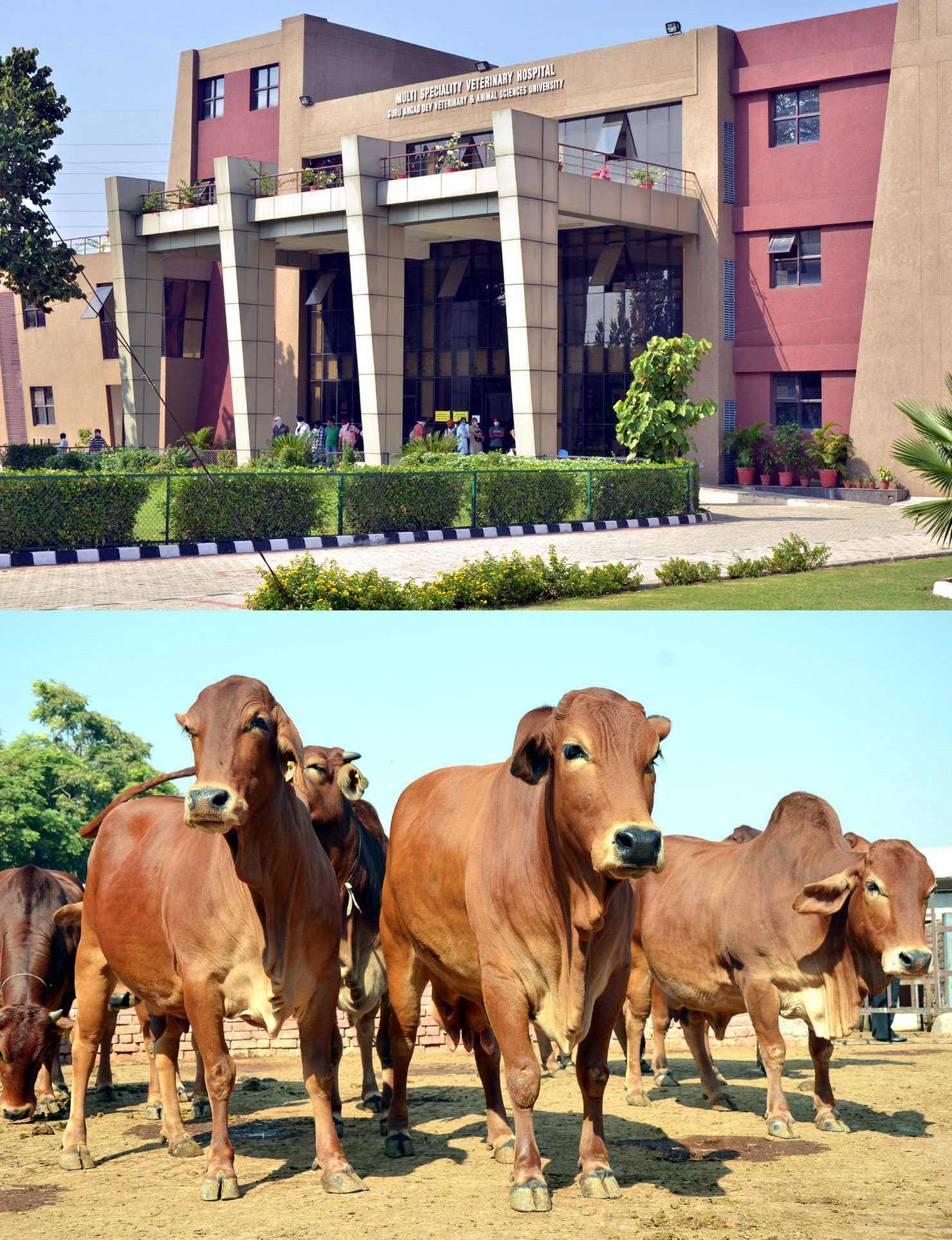
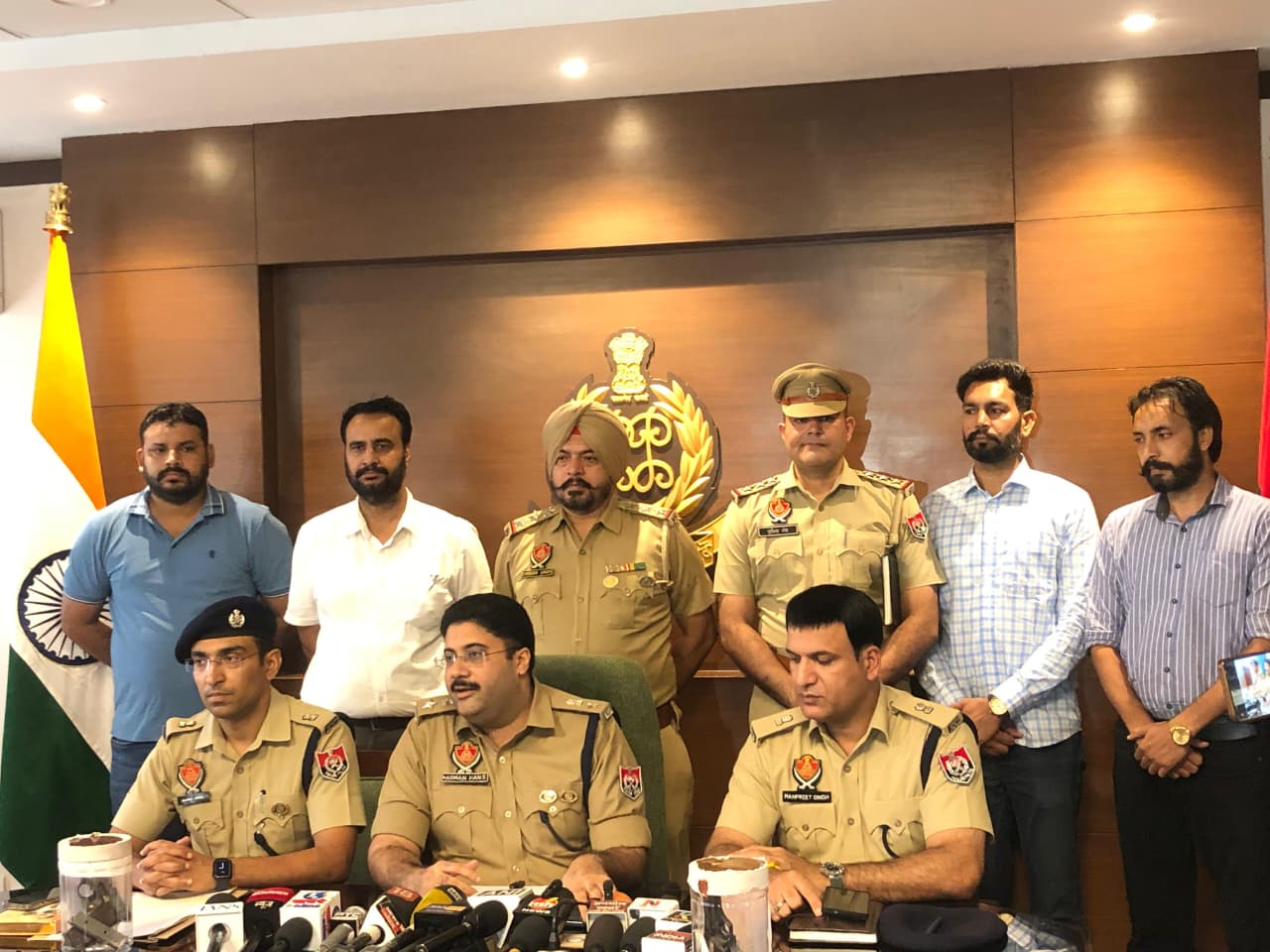
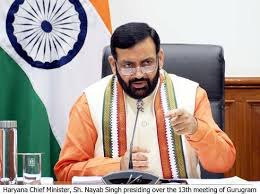

.webp)

